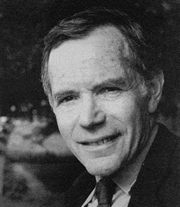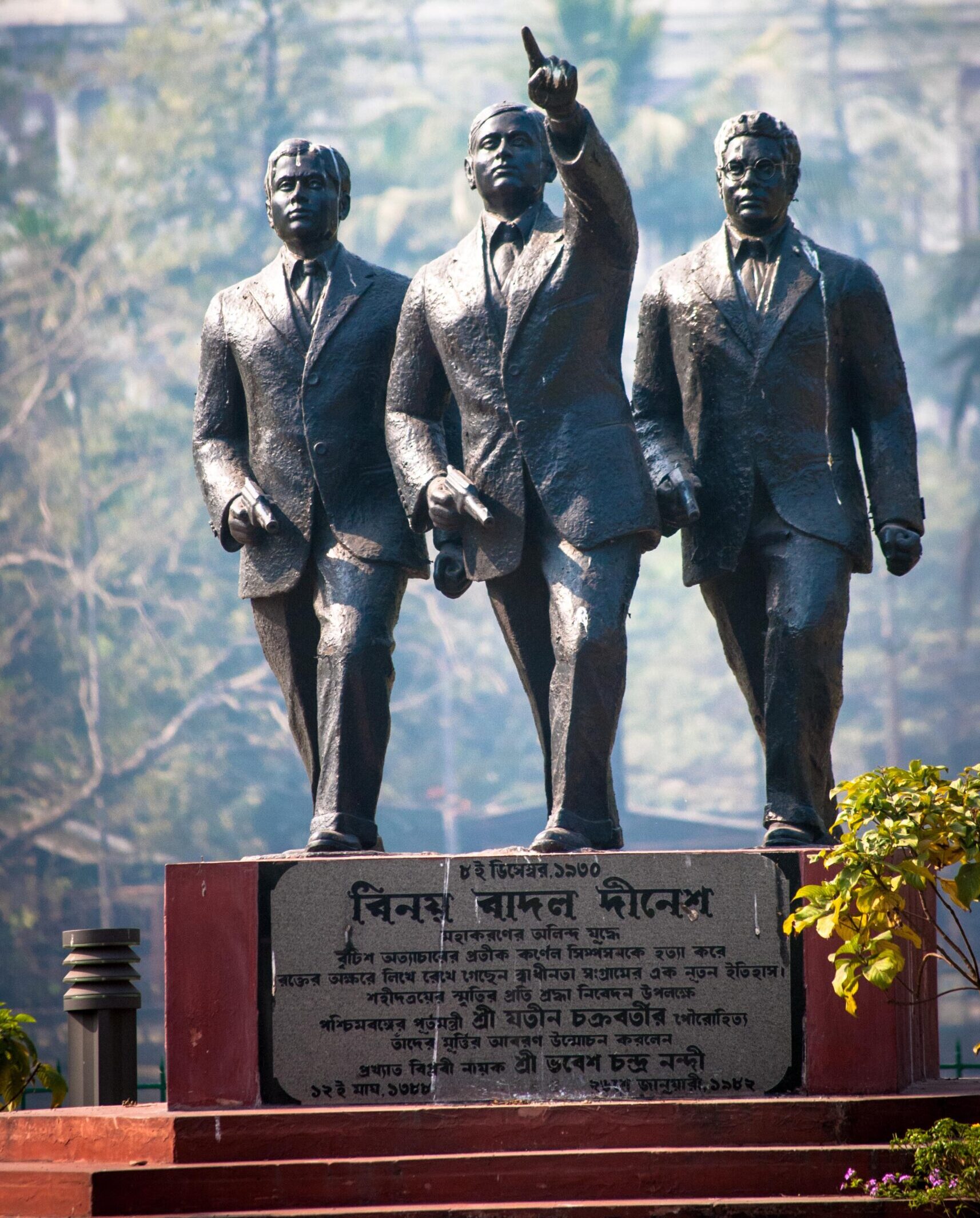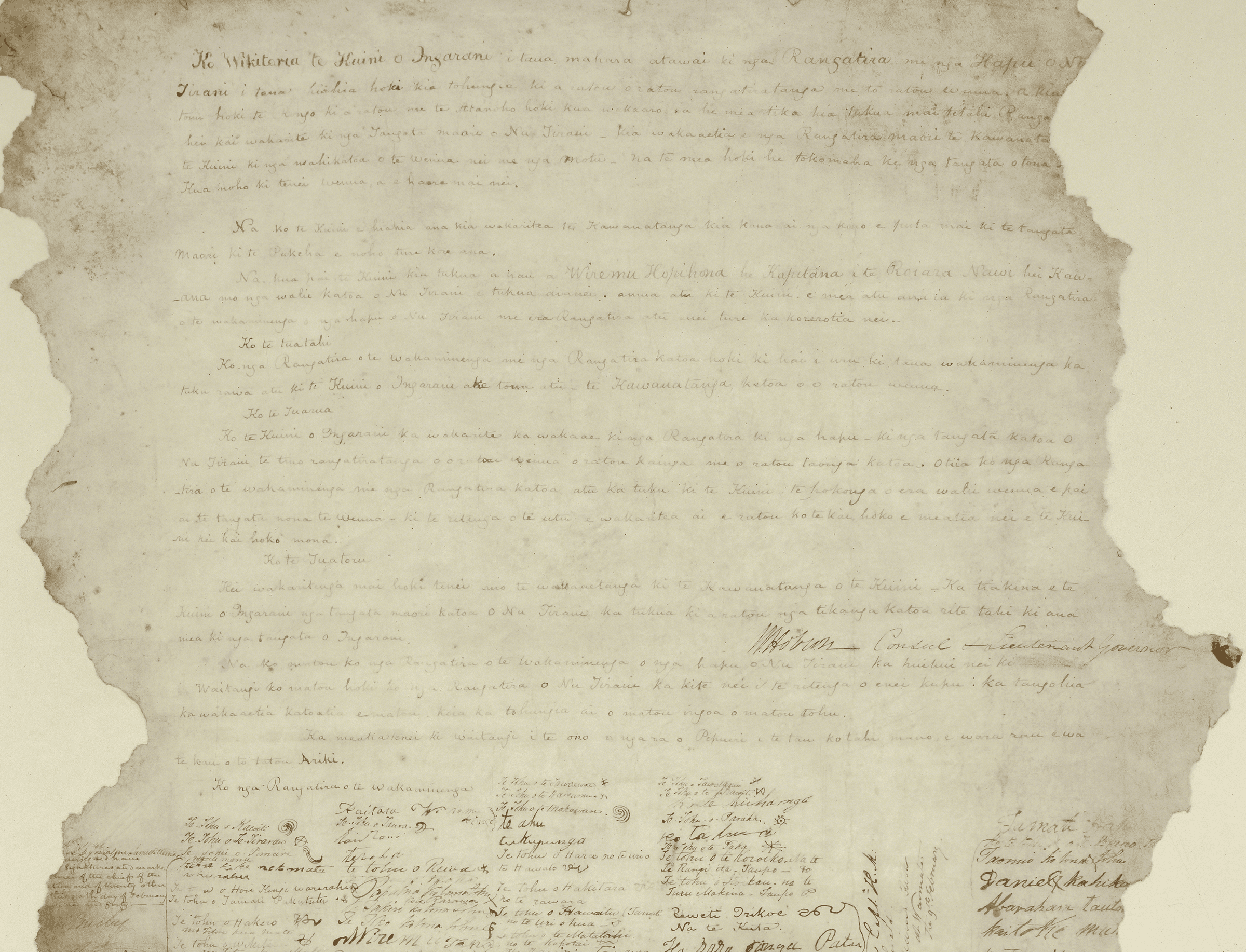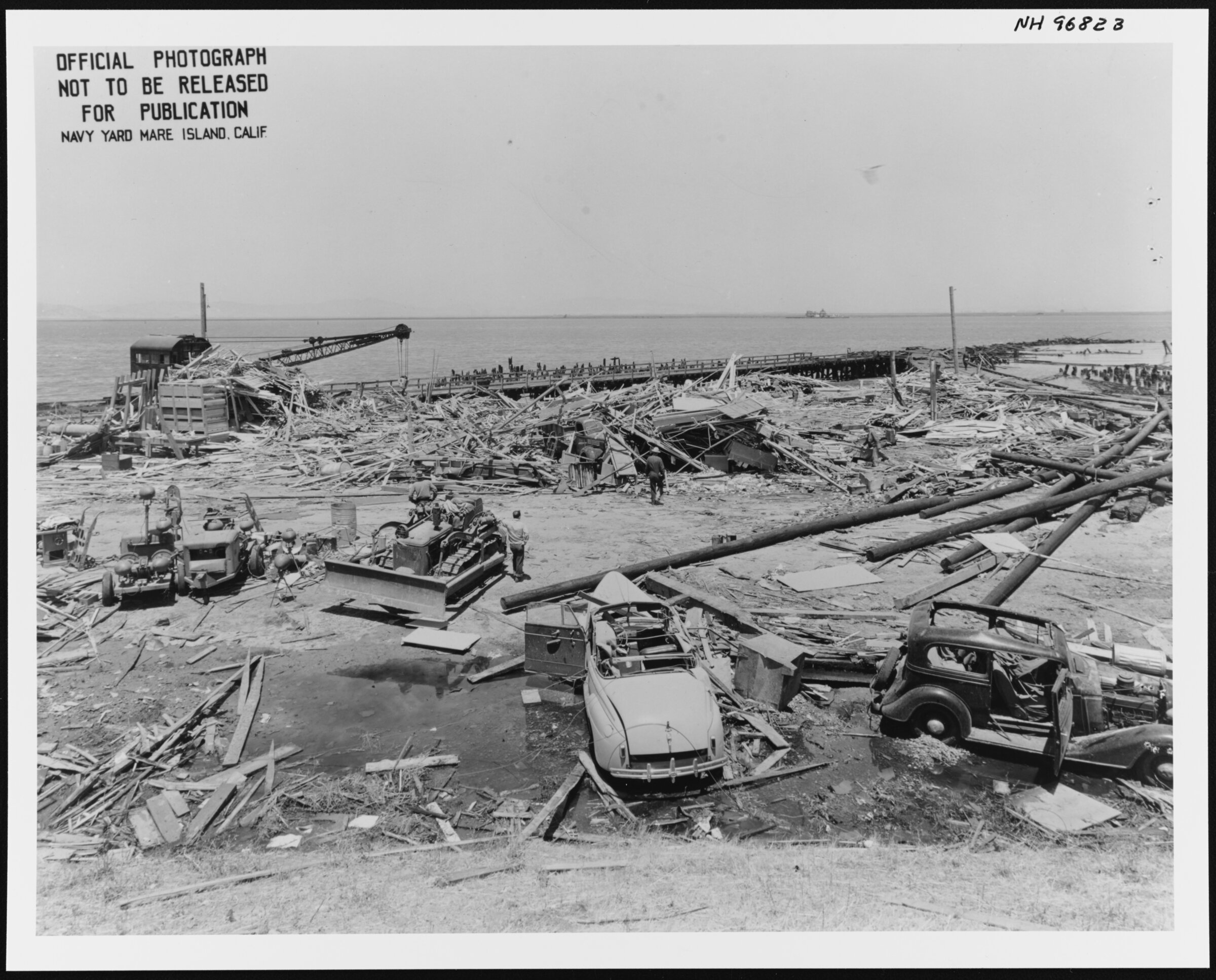Editor’s Note: The introduction below and the three essays following are based on presentations the authors made at the special plenary session, “Election 2008: How ‘Historic’ Was It?” held at the 123rd annual meeting in New York, on Sunday, January 4, 2009. To preserve the immediacy of the arguments as reflected in the presentations, which were made just two months after the election, the text has been kept as delivered to a large extent (as in this introduction by Eric Foner, for instance). Readers should, therefore make allowance for the fact that the articles are being printed nearly three months after the authors had delivered their speeches. Because of time and other constraints, we are able to publish essays by only three of the six panelists, who are all, however, introduced in Foner’s introductory note.
Let me welcome you to this session on the historical significance of the election of 2008. Before we begin, I must entertain you with a little story, possibly apocryphal. Somebody asked Chou En-Lai, when he was prime minister of China, “What is the historical significance of the French Revolution?” and he answered, “It is too soon to tell.” Now the need for this kind of long historical perspective has not deterred journalists, pundits, and many others from commenting immediately on the historical significance of the recent election.
As you all know, President-elect Obama has been compared to Abraham Lincoln, Theodore Roosevelt, and Franklin Roosevelt. Commentators are trying to find presidents to whom he is more or less equivalent, and past elections, the recent one brings to mind.
Is 2008 equivalent to 1800 or 1860, 1896, 1932 and others, in other words, the critical elections that changed how America was governed for a generation or more? Or should we compare Obama to Franklin Pierce, for example—probably no one has made that comparison—whose election changed the party in power but didn’t alter the way the government functioned.
How historic is this election? That’s the question we’re going to try to answer. It may be a little premature, but we feel that historians should get their voices into the discussion along with everyone else.
I am going to briefly list the panelists, and they will speak in alphabetical order, for want of any other logical way of presenting them.
First will be Alan Brinkley, the Allan Nevins Professor of American History and provost at Columbia University. His publications include Voices of Protest: Huey Long, Father Coughlin, and the Great Depression (Knopf, 1982), which won the National Book Award in 1983, and most recently,Liberalism and Its Discontents (Harvard, 1998). His essays and reviews have been widely published in scholarly journals and other publications such as the New York Times Book Review; the New York Review of Books; the New Republic; the New Yorker; Harper’s; and the Atlantic.
John Darwin is the Beit University Professor in the History of the British Commonwealth at Oxford University and the author of Britain and Decolonization (1988); The End of the British Empire (1991); and After Tamerlane: The Global History of Empire Since 1405 (2007).
Caroline Elkins is the Hugh K. Foster Associate Professor of African History at Harvard University. Her first book, Imperial Reckoning: The Untold Story of Britain’s Gulag in Kenya, won the Pulitzer Prize for nonfiction in 2006 and she has also written for the New York Times Book Review, the Atlantic, the Washington Post, and the New Republic.
Jacqueline Jones is the Walter Prescott Webb Chair in History and Ideas and the Mastin Gentry White Professor of Southern History at the University of Texas at Austin. She is the author of several books on African American labor and women’s history, among them Labor of Love, Labor of Sorrow: Black Women, Work, and the Family From Slavery to the Present; and most recently, Saving Savannah: The City and the Civil War (2008).
David Levering Lewis is the Julius Silver University Professor and Professor of History at NYU, and is the author of eight books, including his two-volume biography of W.E.B. Du Bois, which won the Pulitzer, the Bancroft, and the Francis Parkman Prizes. His most recent book is God’s Crucible: Islam and the Making of Europe, 570–1215 (2008).
And finally, Julian Zelizer, professor of history and public affairs at Princeton and a regular commentator on politics in the media. He is the author and editor of several books on American politics, including, most recently, On Capitol Hill: The Struggle to Reform Congress and Its Consequences, 1948–2000 (2006), and Rightward Bound: Making America Conservative in the 1970s (2008, coedited with Bruce Shulman).



